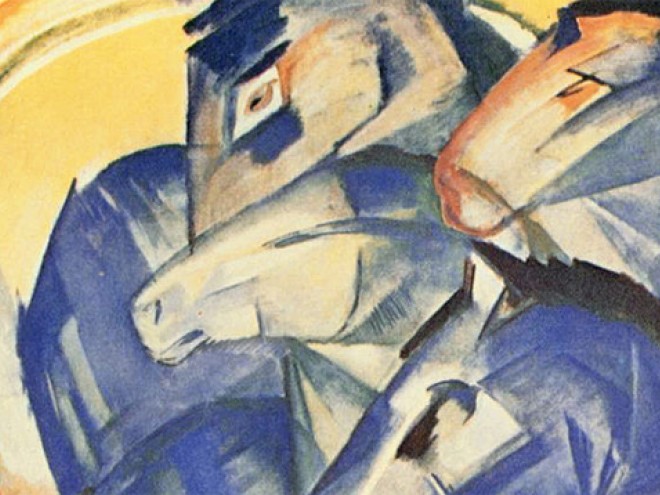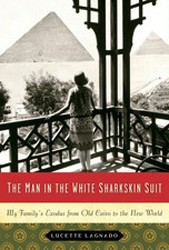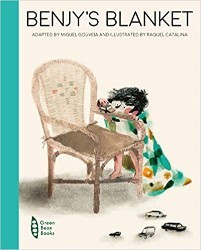Written in 1930 by a thirty-seven-year-old French Moroccan poet, this coming-of-age novel follows a young woman, Mazaltob (“good fortune” in Hebrew), who is torn between tradition and modernity. The author dedicated her novel “to all young women whose freedom is elusive.”
Recently rediscovered, the award-winning Mazaltob draws on four different languages and cultures — Judeo-Spanish, French, Arabic, and Hebrew — and is now considered a forerunner of both modern Sephardic feminist literature and postcolonial literature.
Blanche Bendahan was born in Spain to a Catholic mother who died in childbirth, adopted as an infant by her Jewish father, and raised by her French stepmother. She spent her early life in France and attended French schools. Yet her novel reflects the culture of her father, who came from the tiny Moroccan town of Tetouan. The town contained a Jewish quarter that was populated by Sephardic Jews who fled Spain during the Inquisition. In the early twentieth century, this Jewish community was still mired in medieval traditions, especially where the rights and roles of women were concerned.
Mazaltob seems to possess qualities that would promise her a good life in the modern world — she’s exceptionally beautiful, talented, and intelligent, and she has a good family. But unlike her peers, she wants to be more than a wife and mother. She writes poetry, reads French novels, and yearns for a more expansive intellectual life as well as a husband who shares her sophisticated interests.
Later, however, she is betrothed to a man from a “good Jewish family” whom she has never met. He has roots in Tetouan and lives in Argentina. When he travels to Tetouan for the marriage, he finds that despite his cosmopolitan background, he is totally unsuited to Tetouan’s culture. He is attracted to the beautiful Mazaltob, but she is not attracted to him. Their cultural and intellectual interests and Jewish values couldn’t be more different.
To reveal more of the plot would be to rob readers of its surprises and pleasures. And there are many. Mazaltob is psychologically astute, highlighting clashes — of traditions and of values — that are incredibly modern. The history of this little-known corner of the Jewish world where “the Sephardim view themselves as aristocrats” is fascinating and moving.
Bendahan was ahead of her time as a feminist yet of the moment as a novelist. She had one foot in twentieth-century European culture and another in the rituals and rhythms of ancient Sephardic Jewry.
Eleanor Foa is an author, journalist, and corporate writer. Her memoir MIXED MESSAGES: Reflections on an Italian Jewish Family and Exile was published in November 2019. Her work appears in national newspapers, magazines and websites. She is the author of Whither Thou Goest and In Good Company, President of Eleanor Foa Associates (eleanorfoa.com), past president of the American Society of Journalists and Authors, and received literary residencies at Yaddo and the Virginia Center for the Creative Arts.




